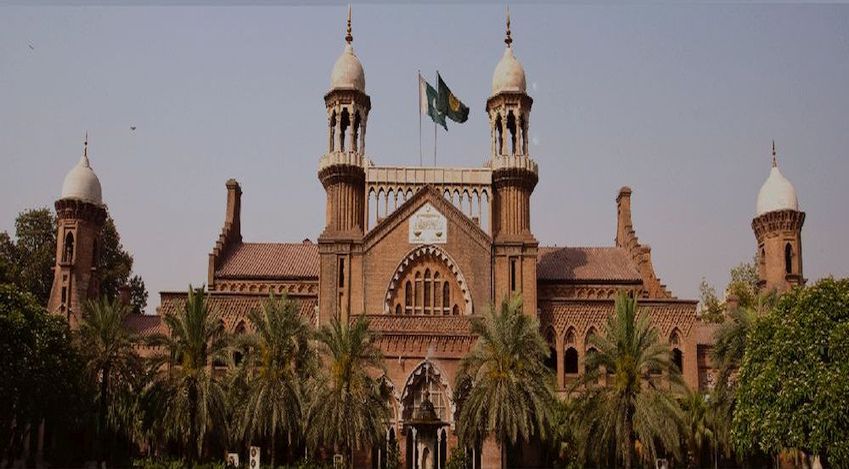The concept of De-exhibiting of documents after they have been marked as Exhibits is not recognized by the Code of Civil Procedure, 1908 --- Lahore High Court
Islamabad 17-08-2024: The Lahore High Court, under the Lordship of Mr. Justice Sultan Tanvir Ahmad, has set aside the orders of both the trial Court and the Revisional Court in a case concerning the admissibility of evidence and procedural fairness. The ruling came in the case of Mst. Afia Ambrine vs. Addl. District Judge, Sialkot, and 14 others, where the petitioner challenged the handling of documentary evidence by the lower Courts.
The dispute originated from a suit filed in 2014 by Muhammad Shafi and Muhammad Yaseen, seeking a declaration concerning inherited property. The suit was decided ex-parte, and the petitioner, Mst. Afia Ambrine, later moved an application under Section 12(2) of the Code of Civil Procedure, 1908, alleging fraud in the inclusion of her deceased mother as a defendant in the suit.
The case centered on whether the documents submitted by the petitioner's counsel could be marked as exhibits without proper cross-examination and whether the trial Court had the authority to de-exhibit these documents at a later stage.
Mr. Justice Sultan Tanvir Ahmad underscored several critical legal principles in his judgment. He clarified that objections regarding the admissibility of documents should be timely and properly raised. The Court reiterated that objections related to the mode of proof must be made before a document is marked as an exhibit; otherwise, the right to object may be waived.
The judgment criticized the lower Courts for acting mechanically and without applying judicial mind, noting that their decisions failed to consider established legal principles. The Lahore High Court rejected the notion of de-exhibiting documents after they have been marked as exhibits, a concept not recognized by the Code of Civil Procedure, 1908. The Court cited several precedents, including Malik Riazullah vs. Mst. Dilnasheen and Others and Muhammad Arif and Others vs. Aziz-ur-Rehman and Others, which reinforce the principle that once a document is exhibited, its removal from the record is not permissible under the law.
The High Court allowed the petitioner the opportunity to submit additional evidence and provided the opposing party a chance to cross-examine, ensuring that procedural errors do not prejudice the parties' rights. The trial Court was directed to expedite the proceedings and complete them within forty-five working days.
This ruling highlights the Lahore High Court's commitment to upholding procedural fairness and ensuring that litigants are not disadvantaged by judicial errors. The decision reinforces the principle that Courts must act judiciously and avoid causing prejudice through procedural lapses, particularly in matters of evidence admissibility.
The judgment is expected to influence how lower Courts handle evidentiary issues and procedural objections, emphasizing the need for vigilance and adherence to established legal procedures.
Powered by Froala Editor








